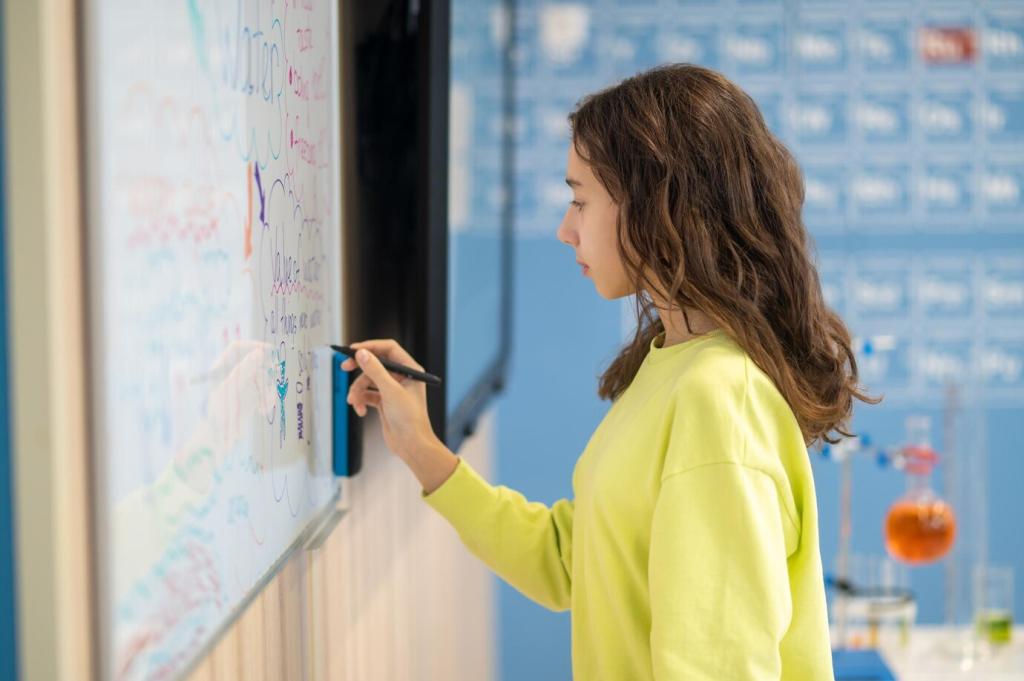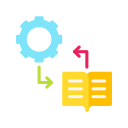Building Brighter Paths: Developing Personalized Tutoring Plans
Chosen Theme: Developing Personalized Tutoring Plans. Welcome to a human-centered space where every learner’s journey is designed with intention, empathy, and evidence—so progress feels motivating, measurable, and meaningfully personal.


Evidence and Outcomes
Research in learning science consistently shows that students retain more when learning is individualized, feedback is timely, and practice is spaced. Personalized tutoring plans coordinate these elements, turning small, repeatable improvements into durable gains that actually stick.

Anecdote: Maya’s Breakthrough
Maya once whispered, “I’m just bad at algebra.” We co-designed a plan with bite-sized goals, spaced retrieval, and confidence check-ins. Three months later she presented her own problem set, smiling, “I can explain why this works.”

Your Voice, Your Needs
What would a personalized plan unlock for you or your learner? Share goals, hurdles, and hopes in the comments. Subscribe to receive adaptable templates and weekly prompts that help you turn today’s insights into tomorrow’s steady, visible progress.
Getting to Know the Learner
01
Diagnostic Assessments That Respect the Student
Start with low-stakes diagnostics and interest inventories that spotlight strengths alongside needs. Use quick reading samples, math probes, or concept maps so the plan honors current skill levels without discouraging confidence or curiosity.
02
Understanding Motivation and Identity
Ask what feels meaningful and why. Identify autonomy, competence, and relatedness drivers. When learners see their identities reflected in goals and materials, personalized tutoring plans become invitations to belong, grow, and take purposeful academic risks.
03
Family, Environment, and Time
Map schedules, energy peaks, and support systems. Consider workspace access, device reliability, and transportation. Personalized tutoring plans that respect real-life constraints are easier to sustain and more likely to deliver consistent, encouraging momentum.
Setting Clear, Flexible Goals
SMART-ish Goals with Heart
Pair measurable targets with personal meaning. For example: “Master solving two-step equations and explain the method to a friend by Friday.” Precision guides practice; purpose fuels effort when challenges appear.
Prioritization That Reduces Overwhelm
Use a simple matrix: must-know, should-know, could-know. Personalized tutoring plans keep must-know skills front and center while reserving space for enrichment, preventing overload and protecting a learner’s sense of steady improvement.
Milestones and Micro-wins
Break goals into checkpoints with visible celebrations—a green check, a quick reflection, a five-minute victory story. Shared recognition turns effort into pride, helping motivation compound across weeks, not merely days.

Modular Lesson Arcs
Design short arcs: activate prior knowledge, model, guided practice, independent practice, reflect. Personalized tutoring plans iterate these arcs across modules so each session feels familiar yet focused on the next meaningful step.
Multimodal, Accessible Resources
Blend readings, videos, manipulatives, and interactive tasks. Offer captions, read-alouds, and scaffolded note guides. When resources match learning preferences, students engage longer and comprehend deeper without burning out.
Spacing, Interleaving, and Retrieval
Schedule short, spaced sessions and mix related skills so knowledge transfers. Use retrieval practice—brief, no-stakes recalls—to strengthen memory. Personalized tutoring plans align these methods to the learner’s rhythm for lasting understanding.
Quick exit tickets, one-minute explanations, and targeted practice reveal exactly where to help next. Personalized tutoring plans turn feedback into guidance, not judgment, keeping momentum constructive and supportive.

Tools and Templates to Keep You Organized
One-Page Plan Canvas
Capture the learner profile, priority goals, strategies, schedule, and evidence in a single page. Clarity reduces friction, making consistent follow-through more likely for tutors, learners, and families alike.


Progress Dashboards That Motivate
Use simple trackers—habits, accuracy, and reflection notes. Color-coding progress bars or sticker charts transforms invisible effort into visible momentum that learners can proudly point to and celebrate.
